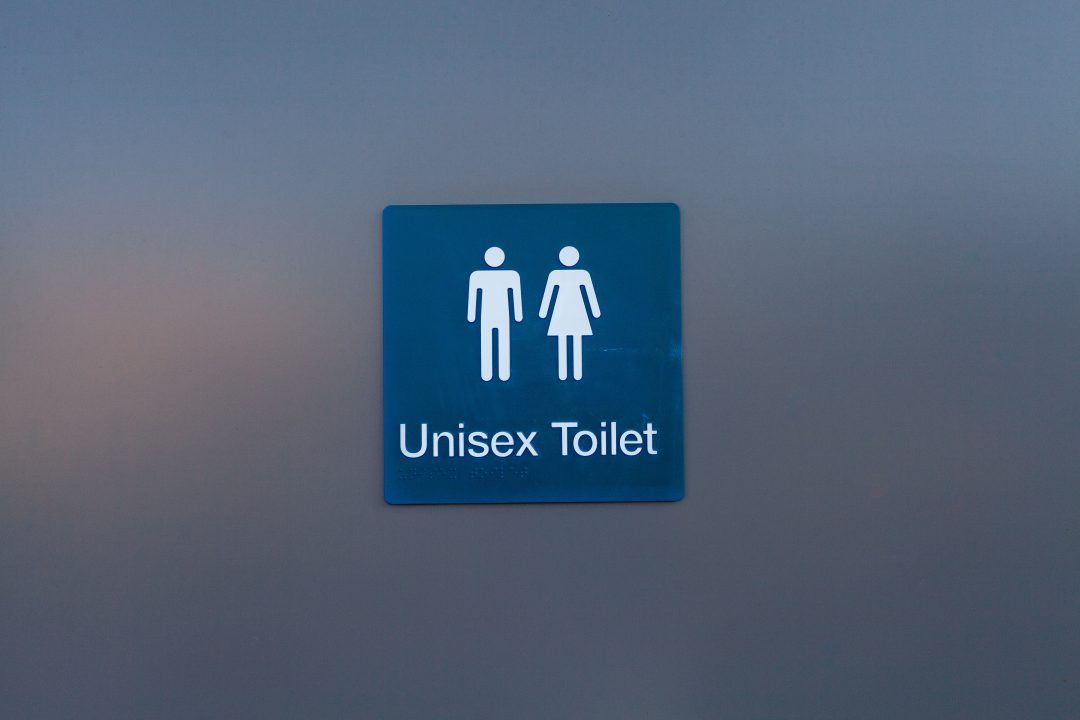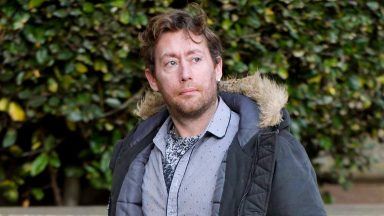Edinburgh councillors have been told they have “no option” to challenge or refuse the removal of several gender neutral toilets in city schools as “we have to comply with the law”.
A number of changes at schools have been proposed following the Supreme Court’s judgement that, for the purposes of the Equality Act, the term ‘sex’ refers to a person’s sex at birth only.
The School Premises Regulations also stipulates that schools must have separate male and female toilets while the Equality Act says that there should also be a gender neutral provision.
Members of Edinburgh’s education, children and families committee heard on Tuesday from parents, teachers and equality campaigners who claim the changes will lead to stress, harassment and stigma for vulnerable children and young people.
Ann Marriot, of LGBT Youth Scotland, told members that young people “consistently tell us that “bathroom access is one of their biggest sources of stress”.
“Many, many avoid food and drink – risking their health. Others hide who they are, out of fear of bullying,” she said.
She added that young people she works with had been “too scared to come” to the chambers to speak for themselves.
“Young people are saying they don’t want to go back to school; young people are coming to us in tears,; young people don’t know where to turn – they feel that so many people are against them.”
But council officers told members that there was a strong possibility that the council would face a legal challenge if changes were not made across Edinburgh to ensure that all schools have separate toilets for boys and girls.
While gender neutral toilets will also be available, councillors heard that in some cases these would be disabled toilets or even staff toilets in a few primary schools.
Director of education Amanda Hatton told members that the council had felt obliged to press ahead with the changes as they were told that otherwise they would be breaking the law.
She said: “This is not an area that is easy – it’s not going to be an easy conversation or discussion.
“However, as officers we have got to comply with the law and the advice we have been given very clearly is that to not have moved would not be complaint with the law and would therefore be illegal.”
Head of legal services Kevin McKee told members the council had taken advice from external lawyers, including a Kings Counsel, who had all concluded that the changes were necessary to comply with the law.
“We’ve been accused in some quarters of acting too quickly and other quarters of delaying too long,” he said.
He said that a number of Freedom of Information requests and complaints directed at the council had made clear that the council could well face a legal challenge and that they had been obliged to act quickly.
The group For Women Scotland also provided a written deputation challenging the council’s assertion that “no physical adaptations are required to any secondary school toilets”.
The group – which won a legal victory when the Supreme Court ruled in April that the words “woman” and “sex” in the Equality Act 2010 refer to a biological woman and biological sex – has recently said it will take action against the Scottish Government over policies it says are “inconsistent” with the ruling.
While councillors reluctantly accepted that they could not challenge the changes, members of the SNP, Liberal Democrats and Greens, proposed amendments asking for mitigations to ensure young people would not be impacted by the changes and these were accepted.
Follow STV News on WhatsApp
Scan the QR code on your mobile device for all the latest news from around the country


 Adobe Stock
Adobe Stock
























